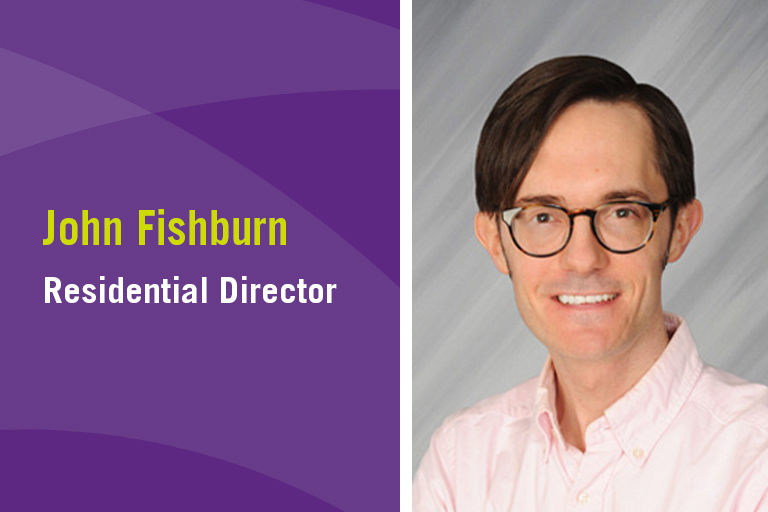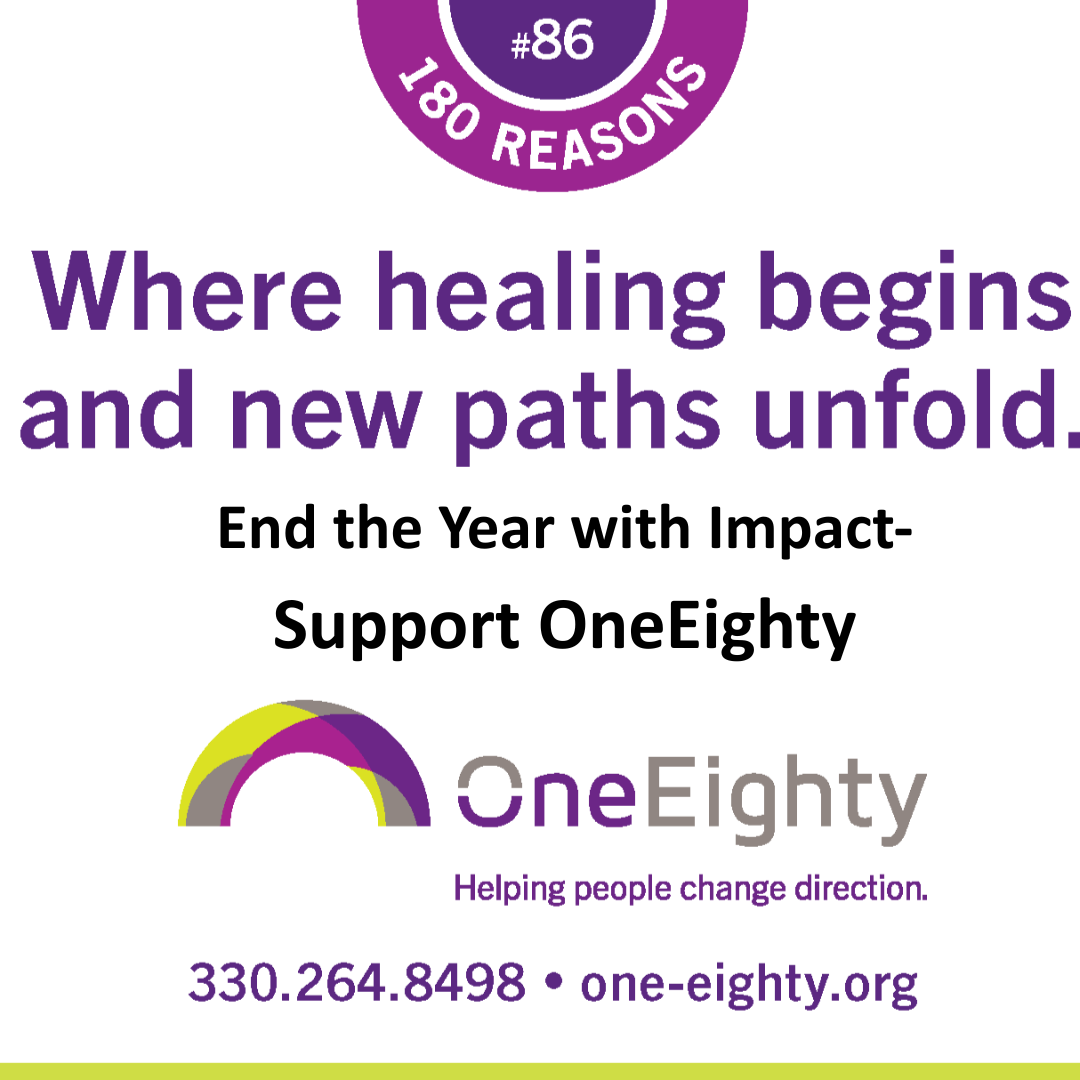Starting Over Starts with a Place to Call Home

How transitional housing supports long-term recovery
Addiction is not a one-time event but a chronic condition that requires ongoing attention. And recovering from substance use is a complex and challenging journey that requires comprehensive support and a continuum of care – including transitional housing for long-term recovery. By connecting clients with structured and supportive environments, clients are better able to rebuild their lives and work towards sustained sobriety.
“If clients don’t have affordable housing, what does that look like? That looks like people couch surfing. That looks like them working too many jobs to try to pay for something that they can’t afford. That looks like them being homeless and living at a homeless shelter,” John Fishburn, OneEighty’s Clinical Director, explained. “I just don’t see any sustainable way to live your life without housing. Most of our clients do come from significant challenges. Addiction takes people to homelessness, it takes them to incarceration, it takes them to hospitals, it takes them to some really difficult places. It’s not hard to imagine the first thing that goes is your apartment.”
Transitional housing provides a safe place to recover
Recovering from addiction involves far more than medical treatment and therapy. A stable and supportive environment helps foster personal growth, accountability, and a sense of belonging. OneEighty recognizes the critical role of supportive and transitional housing for long-term recovery – providing clients with a safe and secure environment, free from the triggers and temptations.
“In 2022, we calculated that we had 67 clients go through the Partial Hospitalization Program (PHP). All but two or three were in our Transitional Recovery Housing Program. Then 82% of them successfully completed intensive outpatient,” said John. “In total, that gives clients about 5 months of clean time. And this gives clients time to get their life back in order as far as employment connections, recovery support, twelve-step groups, counseling, and a chance to start working on trauma and mental health issues.” John went on to explain that twelve-step meetings are mandatory for clients living in OneEighty transitional housing – promoting a supportive recovery community and encouraging healthy social connections.
Supporting a life-changing difference
OneEighty’s transitional housing program aims to facilitate successful transitions to independent, sober living and empower individuals to lead fulfilling, substance-free lives. It’s a step-down program that bridges the gap between intensive treatment programs and independent living. It serves as a crucial steppingstone, allowing clients to gradually transition from a highly structured environment to one that promotes self-sufficiency and personal responsibility. This transitional housing program is for clients coming out of residential treatment who may still need ongoing support and may also need assistance with employment and finding permanent housing.
But beyond supporting their own recovery, some OneEighty clients are committed to giving back. “We have one client who was pregnant when she came into our treatment program, and she was able to successfully give birth, and she went through transitional recovery housing and she stepped down into our recovery housing program,” John said. “She’s now a sponsor, mentoring to some of our current clients now.”
Long-term support for a lifelong journey
Recovery from substance use is not a destination but a lifelong journey. And long-term support plays a crucial role in preventing relapse, reinforcing coping skills, and promoting sustained recovery. OneEighty understands the significance of ongoing support beyond the initial treatment phase. Through a continuum of care, OneEighty supports robust aftercare programs, transitional housing, counseling services, and support groups that provide individuals with the continued support they need to maintain sobriety and make positive life changes. Whether it’s helping individuals secure stable housing, obtain employment, or reconnect with their families, OneEighty’s programs promote a successful transition into independent living while maintaining a supportive safety net. “I am grateful to work at an agency where we can all collaborate and work together and try to help complicated cases,” John explained.
We’re here to support you
We help people change direction with programs for addiction, domestic violence, rape crisis, mental health, housing, and prevention and education. At OneEighty, we actively support an evidence-based approach to sustainable recovery from trauma and addiction – restoring dignity and purpose, reimagining potential, and rebuilding lives. OneEighty offers counseling programs, intensive addiction treatment programs, group addiction treatment, residential services, recovery housing, and peer recovery.
OneEighty Resources
If you or someone you love is struggling with addiction, please call OneEighty’s Substance Use Treatment Navigator Hotline, available 24 hours per day, 365 days per year at 330-466-0678.
For more resources, click the links below:
Community Relations & Prevention
Substance Use Treatment Navigator Hotline
Intimate Partner & Domestic Violence booklet (Wayne County)Self-Help Legal Manual
Follow us on Facebook, Instagram, and LinkedIn.
OneEighty Resources
For those encountering a substance use crisis, please call OneEighty’s Substance Use Crisis hotline, available 24 hours per day, 365 days per year, at 330-466-0678. For other resources, click the links below:

